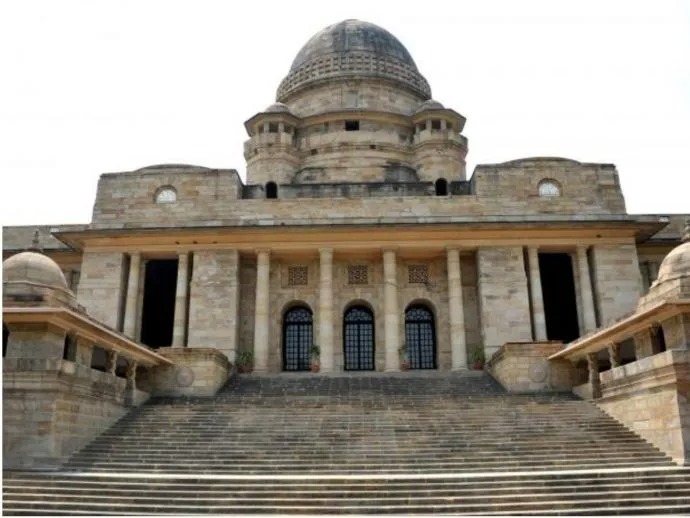Bombay HC awards death penalty to man who killed his family after being acquitted for killing wife

The division bench observed that the case was rarest of rare cases and that any punishment other than the death penalty would be disproportionate
The Bombay High Court upheld the death penalty awarded to a 45-year-old labourer who killed his son, sister, brother-in-law, niece, and sister's mother-in-law.
The division bench of the high court at Nagpur comprising Justice Vinay Joshi and MW Chandwani dismissed the appeal filed by the man and upheld the death penalty awarded by the Sessions Court.
In 2014, Vivek Palatkar was convicted by a trial court for killing his wife. During his time in prison, his two children stayed with his sister and her family. However, the high court acquitted him in the case.
After his release from jail, Palatkar’s brother-in-law asked him to pay the legal expenses, which led to a dispute between them
At midnight on June 10, 2018, Palatkar took a crowbar and killed his son, sister, brother-in-law, niece, and sister's mother-in-law. He fled to Ludhiana after the murder but was arrested two days later.
The high court, in its 151-page judgment, stated that Palatkar’s cruel and merciless tendency is a danger to society.
“Though initially the accused had a motive to kill his brother-in-law, but his entire family was done to death. It shows that emotion or mercy has no place in the mind of the accused. In view of the violent nature of the accused, we perceive danger to the lives of the two children from the accused. Moreover, the cruel and merciless tendency is a danger to society and thus, he is not fit to live in a civilised society,” the judgement reads.
The division bench observed that the case was rarest of rare cases and that any punishment other than the death penalty would be disproportionate.
“The accused would be a menace or threat to society. In our considered view, the case undoubtedly falls in the ‘Rarest of Rare’ category, warranting capital punishment. We have thoughtfully considered the case from every possible angle, and opinion that any other kind of punishment than the death penalty would be totally disproportionate and would amount to injustice,” the judgement reads.
The bench also noted that all of the deceased were fast asleep at midnight at the time of the attack and were in a defenceless position.
“Except Kamlakar (brother-in-law), all were female, aged old or minor children. At the relevant time, all were in fast sleep, meaning thereby totally in a defenceless position. Rather, the accused choose the midnight time to avoid possible resistance from a male member, i.e. Kamlakar. Though the father and brother are supposed to be protectors, the accused proved to be a life-taking devil,” the judgement states.
Case title: Vivek Gulabrao Palatkar vs State of Maharashtra
